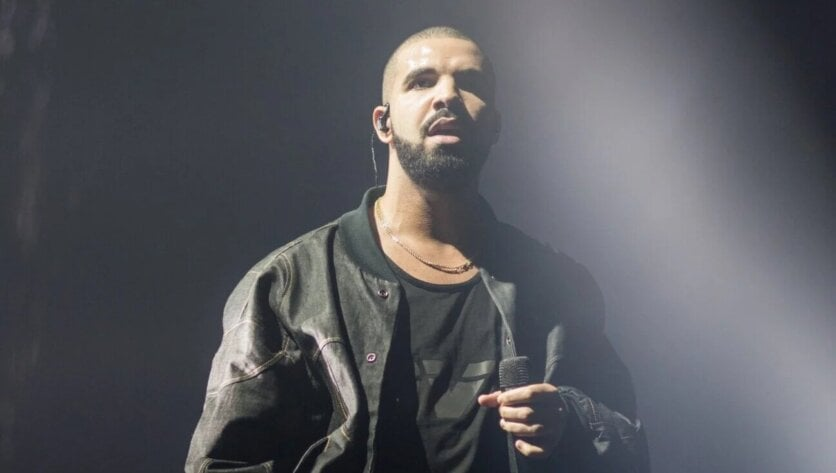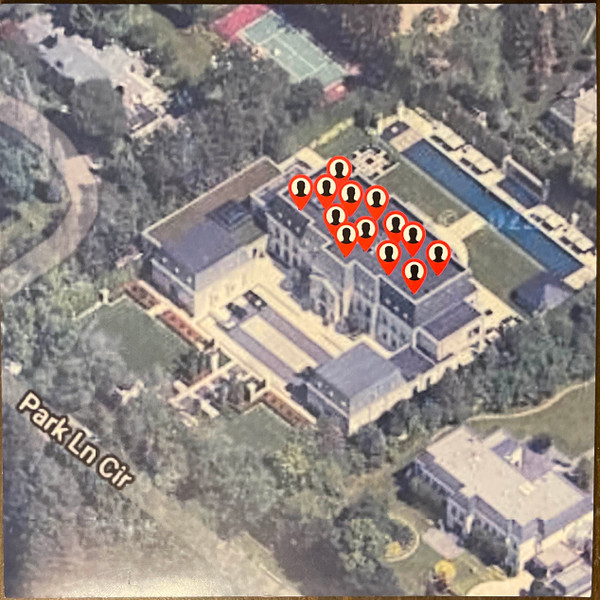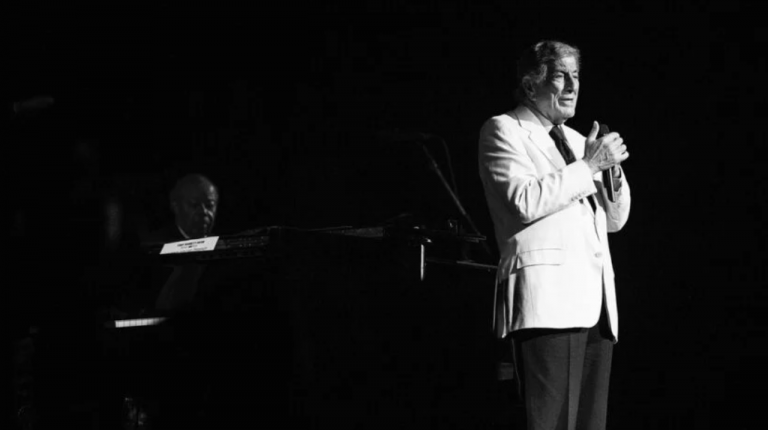
Photographer: Jgphotographydetroit
A federal judge dismissed Drake’s defamation lawsuit against Universal Music Group (UMG), ruling that Kendrick Lamar’s diss track Not Like Us counts as protected artistic expression. The decision highlights how courts treat rap battles as performance rather than literal fact.
Why the Lyrics Were Protected
On October 9, 2025, Judge Jeannette Vargas of the Southern District of New York granted UMG’s motion to dismiss. Drake argued that the song’s insinuations—especially those suggesting inappropriate conduct—were false and damaging. The court disagreed. Judge Vargas stressed that the lyrics could not reasonably be taken as factual, particularly in the context of a heated rap battle. She noted that “the songs released during this rap battle are in dialogue with one another” and must be understood together.

UMG celebrated the ruling as a win for artistic freedom. A spokesperson said, “From the outset, this suit was an affront to all artists and their creative expression and never should have seen the light of day.” The company also pledged to continue promoting Drake’s music and investing in his career. Drake’s team quickly announced plans to appeal, keeping the legal fight alive.
From Spotify to the Super Bowl: A Global Hit
Meanwhile, Not Like Us has enjoyed extraordinary success. Released on May 4, 2024, the track has earned more than 1.4 billion Spotify streams. It won Record of the Year at the Grammys and reached an even wider audience when Kendrick Lamar performed it during the 2025 Super Bowl Halftime Show before 133.5 million viewers. Both artists release music under UMG—Drake through Republic Records and Lamar through Interscope—making the lawsuit especially unusual.
The court also rejected Drake’s additional claims of harassment and deceptive practices, citing insufficient evidence. This outcome shows how difficult it is for artists to challenge the promotional strategies of major labels. It also reinforces the principle that diss tracks, however provocative, are generally treated as opinion rather than defamation.
In summary, the dismissal marks a significant moment for both the music industry and free expression. UMG views the decision as a victory, while Drake prepares his appeal. For now, the ruling affirms that rap battles remain a protected form of artistic dialogue.








